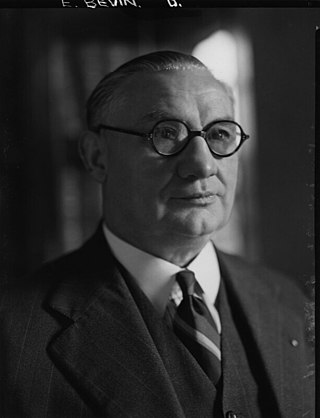
Ernest Bevin was a British statesman, trade union leader and Labour Party politician. He cofounded and served as General Secretary of the powerful Transport and General Workers' Union from 1922 to 1940 and served as Minister of Labour and National Service in the wartime coalition government. He succeeded in maximising the British labour supply for both the armed services and domestic industrial production with a minimum of strikes and disruption.
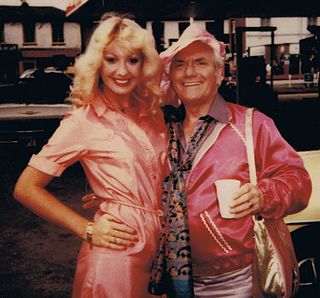
Richard Gilbert Emery was an English comedian and comic actor. His broadcasting career began on radio in the 1950s, and his self-titled television series ran from 1963 to 1981.

Bevin Boys were young British men conscripted to work in coal mines between December 1943 and March 1948, to increase the rate of coal production, which had declined through the early years of World War II. The programme was named after Ernest Bevin, the Labour Party politician who was Minister of Labour and National Service in the wartime coalition government.

Thomas Reginald Handley was an English comedian, best known for the BBC radio programme It's That Man Again ("ITMA") which ran between 1939 and 1949.

Victor Oliver von Samek was an Austrian-born British musician, entertainer, comedian and actor, most popular between the 1920s and 1950s.
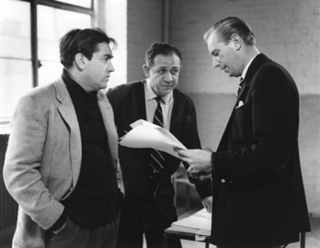
Wilfred Duncan Wood was a British comedy producer, director and writer, who has been described as "the founding father of the British TV sitcom".
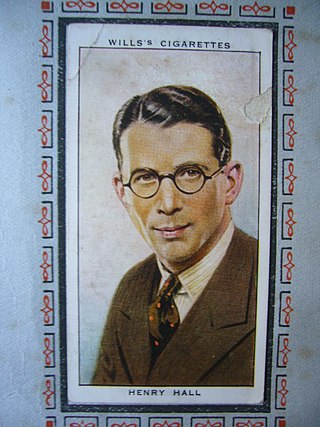
Henry Robert Hall, CBE was an English bandleader who performed regularly on BBC Radio during the British dance band era of the 1920s and 1930s, through to the 1960s.
Music While You Work was a daytime radio programme of continuous live popular music broadcast in the United Kingdom twice daily on workdays from 23 June 1940 until 29 September 1967 by the BBC. Initially, the morning edition was generally broadcast on the BBC Home Service at 10:30am, with the afternoon edition at 3pm on the Forces/General Forces Programme - and after the war on the BBC Light Programme. Between August 1942 and July 1945, a third edition was broadcast at 10:30pm for night-shift workers.

Wyn Calvin MBE OStJ, known affectionately as "The Clown Prince of Wales" and "The Welsh Prince of Laughter", was a Welsh comedian, pantomime dame, television and theatre actor, radio personality, television chat show host, after-dinner speaker, lecturer, philanthropist and newspaper columnist. He worked with numerous stars within the entertainment industry including Harry Secombe, Bob Hope, Christopher Biggins, Shirley Bassey, Frankie Vaughan, Vic Morrow, Bud Flanagan, Roy Hudd, Max Boyce, Morecambe and Wise and Ken Dodd.
Alfred Read was a British radio comedian active throughout the 1950s and 1960s. Originally a businessman, he has been described as highly influential on British comedy.
Billy "Uke" Scott was a British music hall star, who inspired three generations of ukulele players, composing, singing and writing a "teach-yourself" ukulele manual.

Gladys Mabel Morgan was a Welsh comedian, billed variously as the 'Queen of Comedy' or 'the Queen of Laughter', and was renowned for her toothless, ear-splitting, infectious laugh.
Variety Bandbox is a BBC Radio variety show transmitted initially in the General Forces Programme and then the Light Programme. Featuring a mixture of comic performances and music, the show helped to launch the careers of a number of leading British performers.
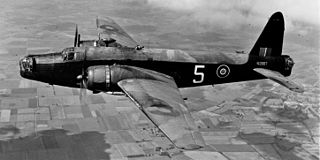
Vickers Wellington LN514 was a Vickers Wellington bomber built in 1943 in record time, as part of a British propaganda effort during the Second World War.

James Casey, known professionally as Jim Casey, was at various times during his long career a Variety comedian on the English music-halls, a scriptwriter for BBC Radio's variety shows and situation comedies, and a senior BBC Radio Light Entertainment producer.

Herbert Stanley Morrison, Baron Morrison of Lambeth, was a British politician who held a variety of senior positions in the Cabinet as a member of the Labour Party. During the inter-war period, he was Minister of Transport during the Second MacDonald ministry, then after losing his parliamentary seat in the 1931 general election, he became Leader of the London County Council in the 1930s. After returning to the Commons, he was defeated by Clement Attlee in the 1935 Labour leadership election but later acted as Home Secretary in the wartime coalition.
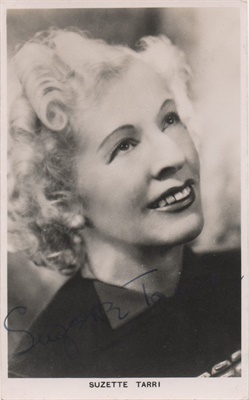
Ada Barbara Harriett Tarry, known by her stage name Suzette Tarri, was an English comedian and singer, popular on radio as well as on stage in the 1930s and 1940s.
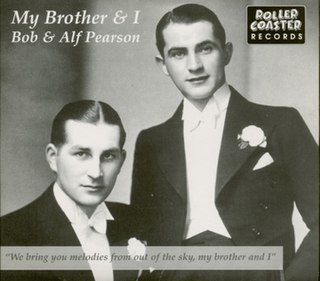
Bob and Alf Pearson were an English musical variety double act, consisting of brothers Robert Alexander Pearson and Alfred Vernon Pearson, who were mainly known for their singing of songs as a duo in close-harmony. Their career together lasted over 50 years, spanning stage, radio, television and gramophone records.
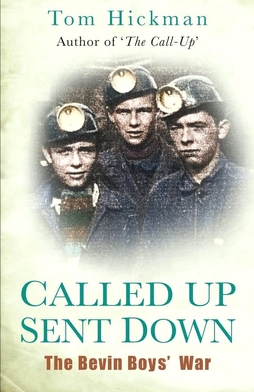
Called Up Sent Down: The Bevin Boys' War is a nonfiction book authored by Tom Hickman about the more than 20,000 young British men sent to work in coal mines, collectively known as the Bevin Boys, during the Second World War. It was first published by The History Press in 2008, with a second edition released in 2010.
Margery Manners was a music hall and variety performer, singer and television actress. She was best known for her signature tune, "Bring Me the Sunshine of Your Smile".














